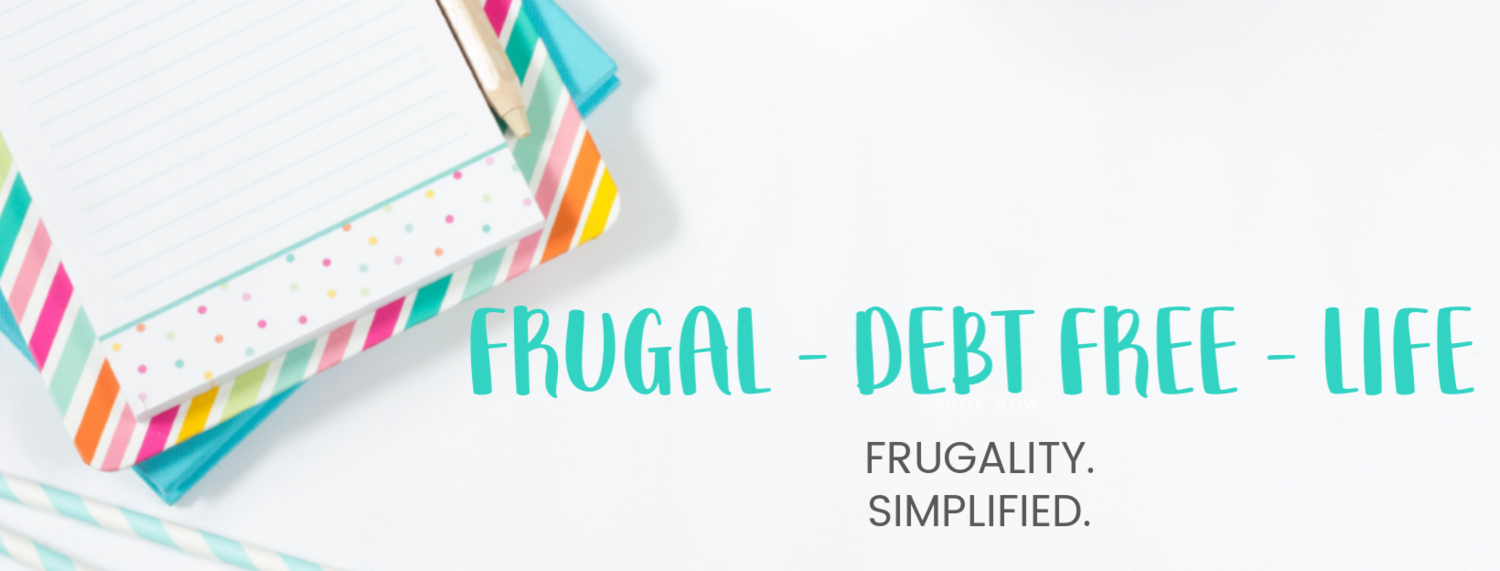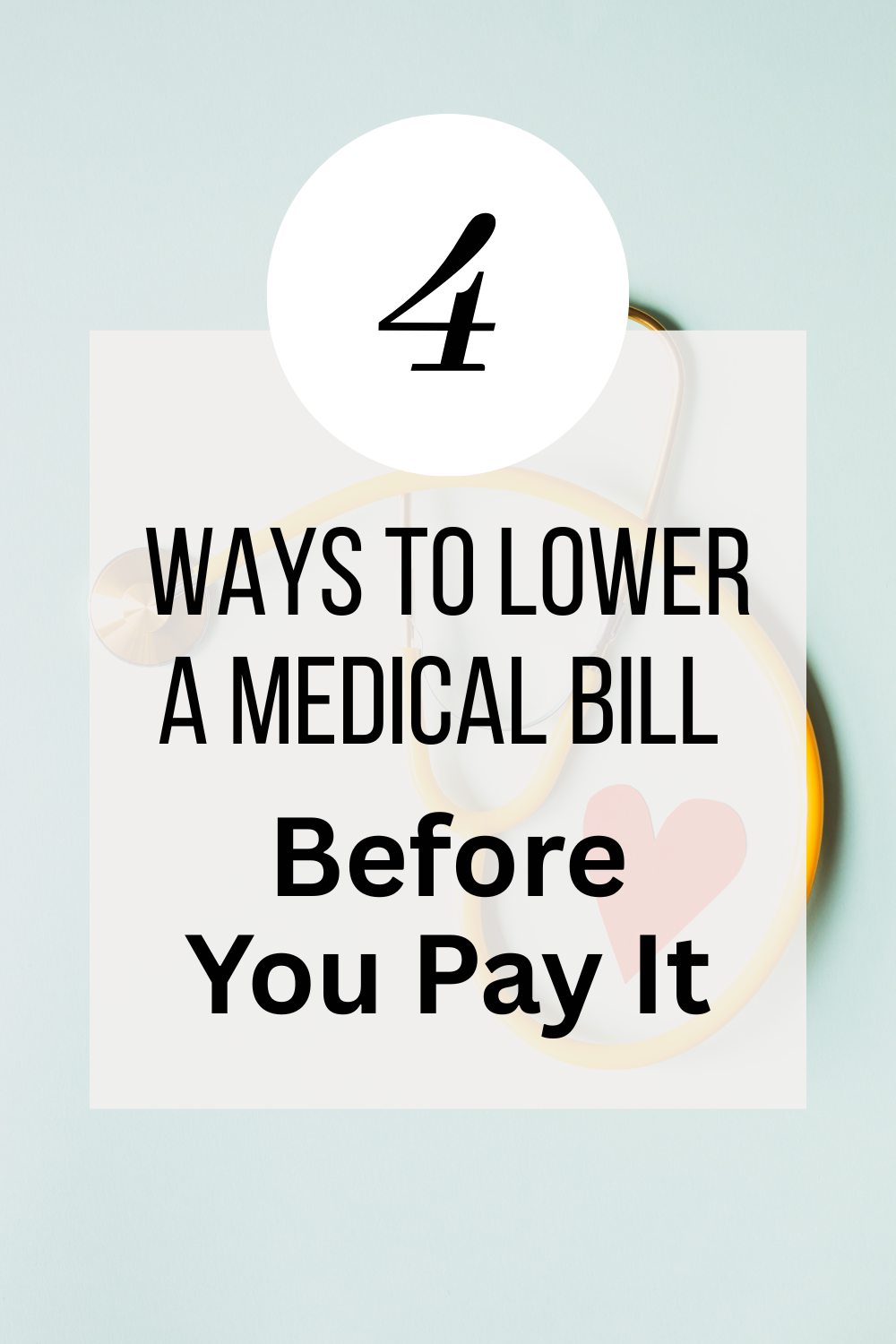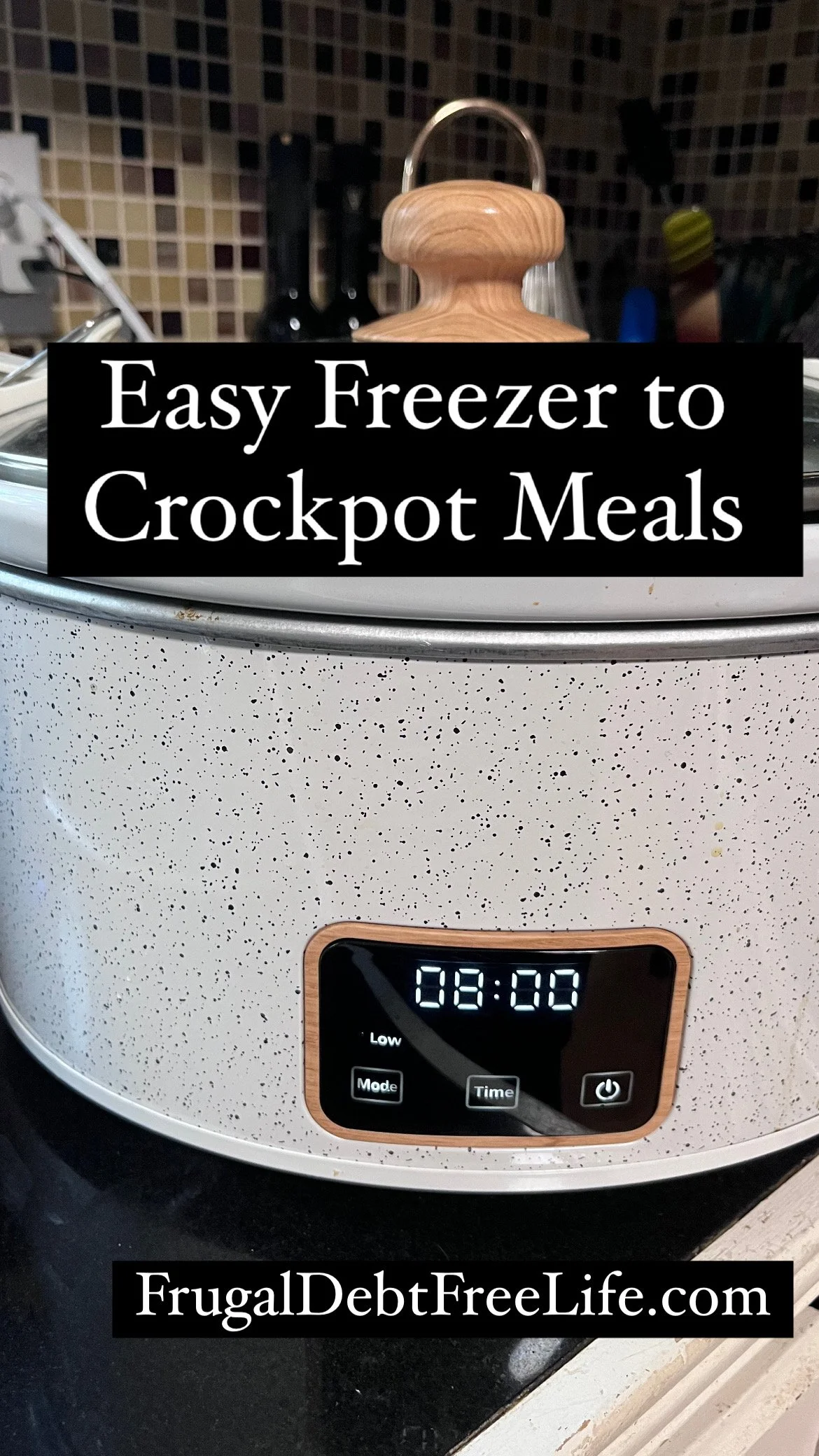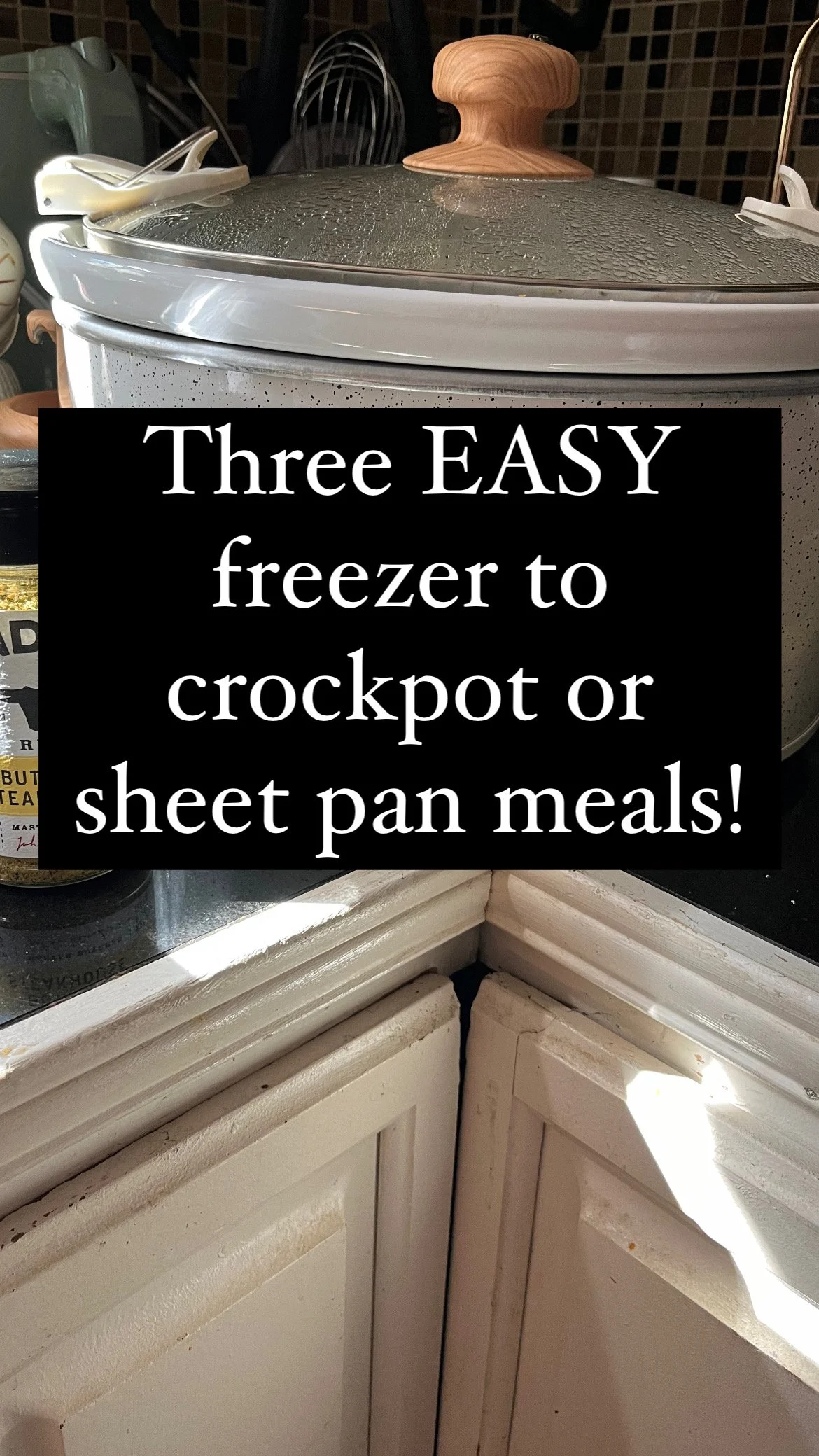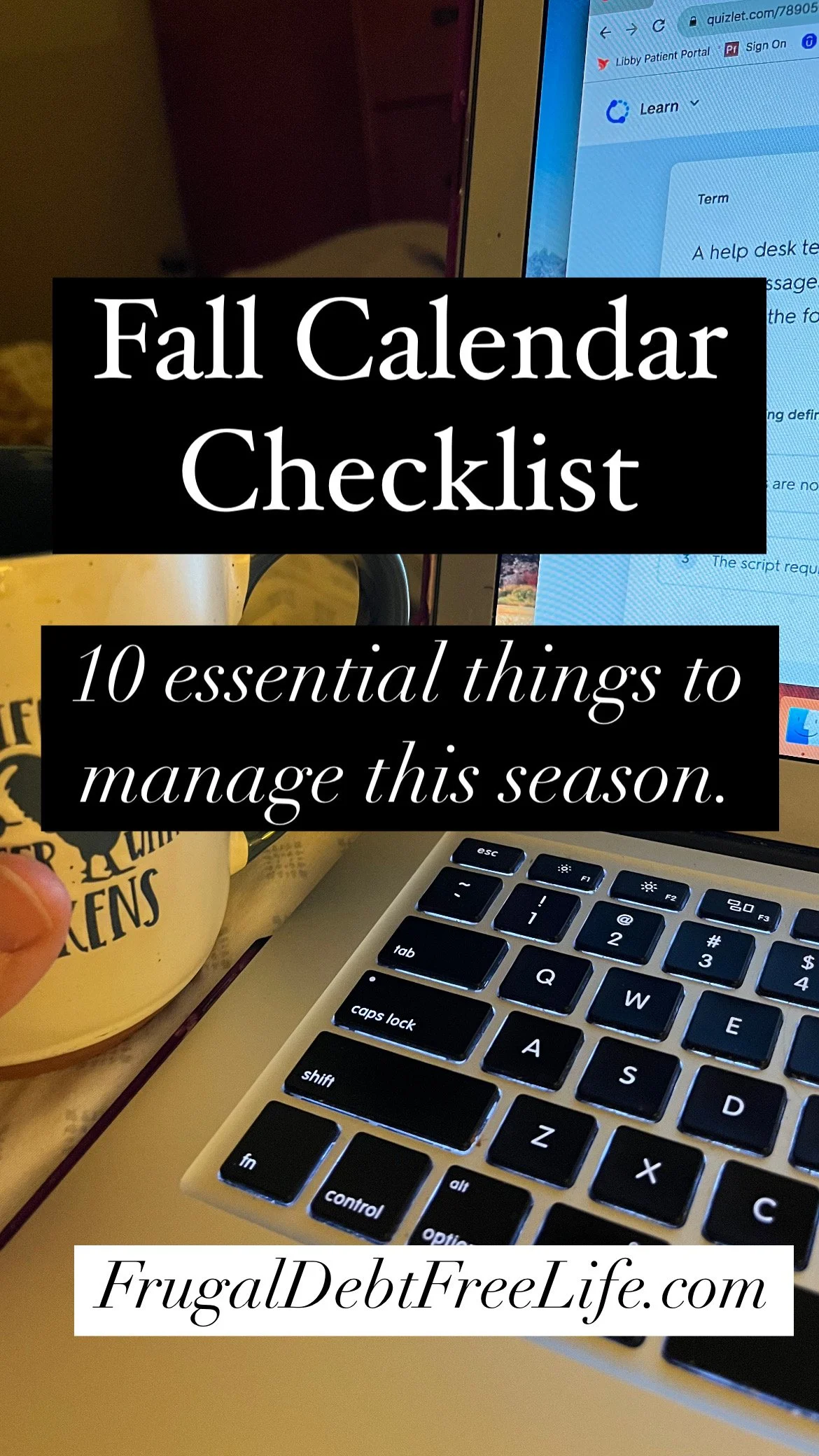The absolute easiest way to budget (even if you suck at budgeting)
/If you’re struggling with making or sticking to a budget a weekly budget might be the things for you.
A weekly budget might be the very thing that turns things around for you and gets you on the frugal bandwagon.
A budget is a great tool in your arsenal for getting out of debt, putting money into retirement, funding goals, and creating a lifestyle that you want. But a monthly budget might be overwhelming and it’s okay to admit that. It’s okay to take a step back and admit your frustrations.
There is NO WRONG WAY to budget. I’ve personally found that it is easier to commit to something for seven days than for a whole month.
A few reasons a weekly budget might be for you
You're new to budgeting.
You feel very overwhelmed by all the steps it takes to get your finances in order.
Your financial situation is a mess.
Hey, we’ve all been there. Maybe there’s a debt disaster, maybe you lost a job. Maybe you’ve just made bad decisions. We’ve all been there.
It’s easier to manage your goals when they’re broken up in smaller pieces.
You can manage your cash flow and anticipate your expenses one week at a time.
You can give yourself a spending allowance. I know you’re not 12, but you still need to give yourself permission to spend on things you need, but also things you want.
It’s easier to track what you actually spent because there will be fewer transactions in a seven day period vs a month.
How to break up your budget:
Let's talk about how to set up a weekly budget.
1. Housing/revolving bills
That's going to be your rent or mortgage, utilities, water, internet, cellphone, electric bills, natural gas, and gasoline (if you are driving to and from work), anything that's on autopay, and anything that comes out weekly or monthly.
2. Groceries
That's anything -- groceries, the food that your family eats, diapers, cleaning products, toiletries, dog food, any consumable goods that you rebuy weekly. Include eating out in this, by the way. Even though eating out is separate from groceries, if I'm making a weekly budget, I will stick eating out into that category.
3. Savings/long-term goals
This is going to be your emergency fund, any extra savings, vacation savings, goals that you're putting your money towards, retirement.
4. Debt payoff
This does not mean that this comes in any sort of hierarchy of needs. Those are just the categories that I've broken things down into.
Let's say you bring home $875/week. (I'm going to use $875/week because I read that that is the most recent national average take-home pay.)
You're going to take your notebook and you're going to write $875 on the top.
And then you're going to break it down. Say, you've got your housing, grocery, savings/goals (this can also just be stuff that you want to buy, like planned purchases). And then, debt.
If you have a large bill every month that exceeds your weekly take-home pay, you're just going to take that and divide it by 4. So if your rent is $1,000/month, you're going to take $250 out of your paycheck. And then you're going to have $625/week to break up from there. You're taking that money that you're going to need later on and you're putting it aside. And then you're using the balance to budget.
And that's just a loose estimate. You may be making more a week. You may be making less. Your rent may be more or less. The idea doesn't change. So you're going to take whatever that big number is, divide it by 4, subtract it from your weekly paycheck, and then go from there.
If you have a five-paycheck month, go ahead and subtract out that amount, and put it towards savings, a goal, your emergency fund, or use it as a buffer.
We like to actually just budget off of four paychecks and use that fifth paycheck to save. But if that doesn't work for you, again, it's your money and you have to be flexible.
Then everything flows out from there. So you're going to subtract your grocery, and then all of your bills, and then your savings/goals, and then your debt. Keep it mind this is a weekly budget. So if your electric bill is due on the 5th, that's going to be one week, but your gas bill or internet isn't due until the 15th or the 22nd, you can break that bill out of that paycheck and not have to worry about totaling everything up for the week and then being short.
Also, if you have a weekly budget and you have a smaller income, doing this allows you to put a little bit at a time towards that debt payoff or those savings/goals. Because small steps still matter.
If you only have $25/week that you can put into savings, at the end of the year that's still $1,300. And while $1,300 may not seem like a lot, it is better than zero.
If you can only put $25 extra a week towards your debt, it's still going to get paid off eventually. This is called the snowflake method -- when you put just a little bit at a time towards something, you chip away at it. There's no shame in that. That's what we had to do until we really could get the ball rolling, until we got our income up, until we learned how to budget.
This is new territory for a lot of people, and I don't want you to look at somebody who's paying off six figures in a year and feel completely discouraged, shut down, and think that it will never happen for you. Because it will. It may take longer. The road may be harder. That means it's going to [mean?] more.
I hope these tips helped you and it wasn't completely confusing. Leave me a comment below and tell me what's your budgeting style. Remember there is no wrong way. There is no one methodology that's going to be perfect for you. I feel like you need to take the advice that works, filter it out, and just throw the rest of it away and don't let that become a source of stress and anxiety.
